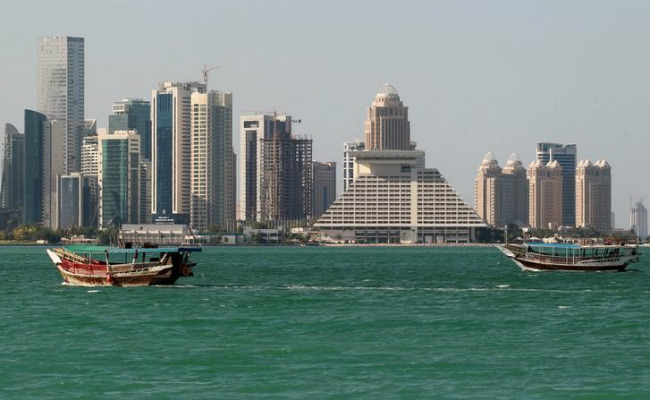THIRUVANANTHAPURAM: Traditionally, remittances from the gulf have been the mainstay of Kerala’s economy, but with more and more of the state’s diaspora bidding goodbye to the Gulf countries, things are going to change, once and for all.
According to a Kerala minister, even though there are no figures to show the exact number of people returning from the Middle East countries for good, there is a marked change in their spending pattern — such households are now more cautious about dispensing with their money.
State Minister for Finance Thomas Issac told reporters on Friday: “Why we say that there is an increase in our diaspora returning is because the number of arrivals at our airports far outnumber the number of departures.”
“Another indicator that things are no more that rosy in the Middle East is that there is a marked shift in the spending pattern of the diaspora households… They have become very careful now” he said.
However, Mr Issac also said that until now there was no fall in remittances from the state’s diaspora.
“Eventually remittances might come down, but not now. Actually, the diaspora returning for good are pulling out all their savings from the country they worked in and putting in banks here,” he explained.
Although a decline in remittances has not been recorded in the state, the rate of growth of NRI deposits has certainly come down, according to figures released by the State Level Bankers’ Committee (SLBC).
The SLBC figures show that deposits in 6,339 branches of various commercial, scheduled and private banks in the state, which stood at Rs. 117,349 crore in June 2015, grew to Rs. 142,668 crore in June next year and saw a minimal hike to Rs. 154,252 crore in June 2017.
According to the only study report published in 2014 by migration expert S Irudayarajan of the Centre for Development Studies in Thiruvananthapuram, 90 per cent of Kerala’s 23.63 lakh diaspora are located in various Middle-East countries, of which the UAE accounts for 38.7 per cent, followed by Saudi Arabia, which has 25.2 per cent.

